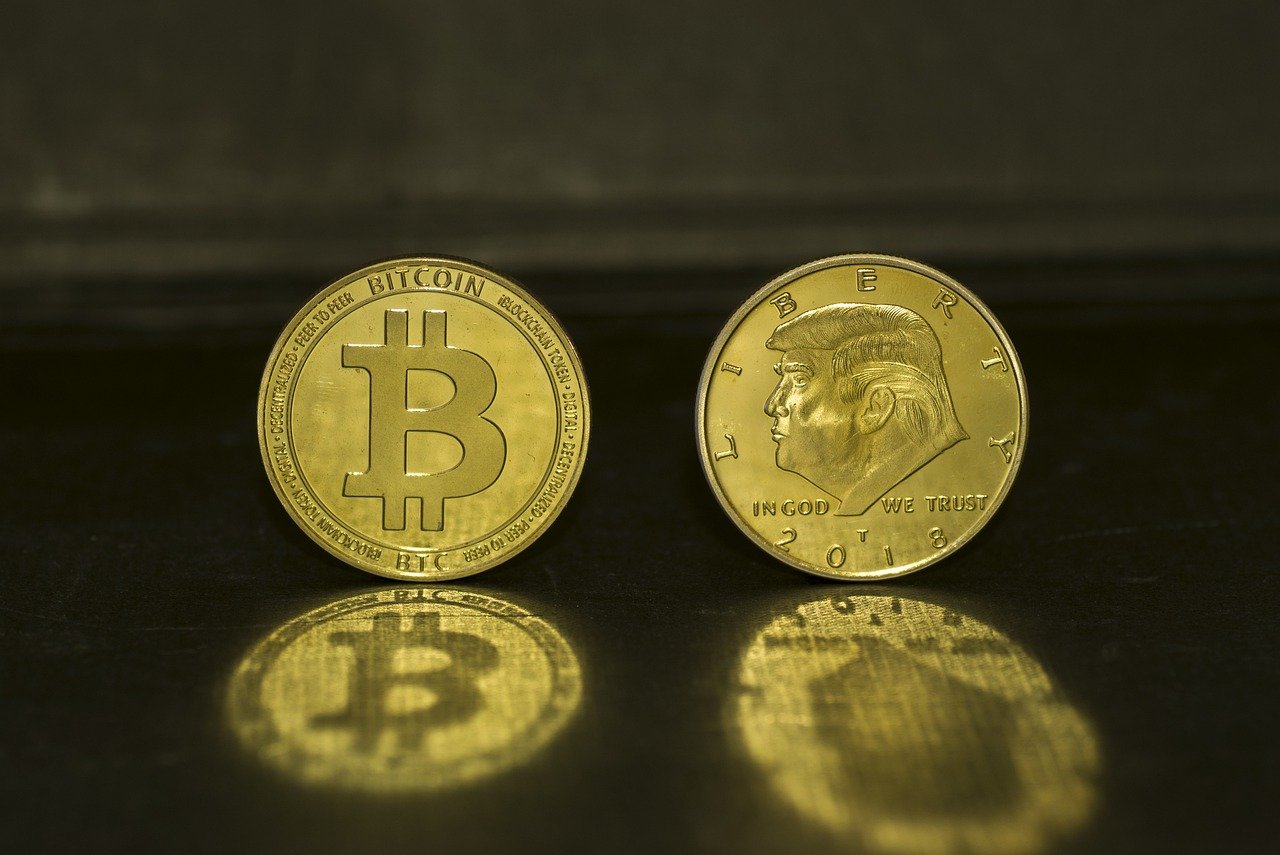$PFE $JNJ $GSK
#USAID #globaldevelopment #foreignaid #healthcare #pharmaceuticals #Trump #geopolitics #economy #markets #stockmarket #investment #finance
The Trump administration’s budgetary decisions have created significant challenges for global development and health initiatives, with heavy cuts to USAID funding raising concerns about the future of multilateral aid efforts. These reductions impact a broad range of programs, from disease prevention and vaccine distribution to economic development in emerging markets. The pharmaceutical and healthcare industries, particularly companies like Pfizer ($PFE), Johnson & Johnson ($JNJ), and GlaxoSmithKline ($GSK), rely to some extent on the infrastructure created by international aid programs to introduce and distribute vaccines and essential medicines. When funding is reduced, the potential for market contractions in developing economies follows, impacting not only those in need but also corporate interests that depend on these initiatives for long-term healthcare demand.
The global implications of reduced USAID funding are not just limited to humanitarian concerns; they also affect financial markets and investments. Emerging markets often rely on development aid to stabilize their economies, reduce health crises that can cripple productivity, and build the foundation for sustainable growth. A significant decrease in funding may lead to reduced economic expansion in aid-dependent regions, slowing GDP growth in key trading partners of the United States. This, in turn, can have a ripple effect on multinational companies and investors with exposure to these markets, particularly in industries such as pharmaceuticals, agriculture, and infrastructure, which see long-term benefits from stabilized economies.
Furthermore, the competitive landscape of pharmaceutical and healthcare firms could experience disruptions as a result of these policy shifts. Companies that formerly relied on USAID partnerships to expand their footprints in low-income countries may now need to adjust their strategies. Reduced foreign aid could hinder the distribution of life-saving treatments, ultimately affecting not only public health outcomes but also shareholder sentiment and the overall market performance of healthcare firms with significant international exposure. If global economic conditions deteriorate in certain regions due to a lack of health and infrastructure support, investor confidence in emerging markets may weaken, leading to capital outflows and increased market volatility.
From a broader geopolitical perspective, these funding cuts could also create openings for other global players, such as China, to fill the void in international aid and development. As the U.S. scales back its involvement, China has been increasing its investments in African and developing economies through the Belt and Road Initiative. This shift in influence may result in long-term trade disadvantages for American businesses, as stronger economic ties between China and key emerging market nations could redirect investment flows. Markets will be closely monitoring how U.S. policy changes impact global economic partnerships, as stability in these regions is crucial for maintaining growth in multinational sectors, including pharmaceuticals, agriculture, and infrastructure.











Comments are closed.